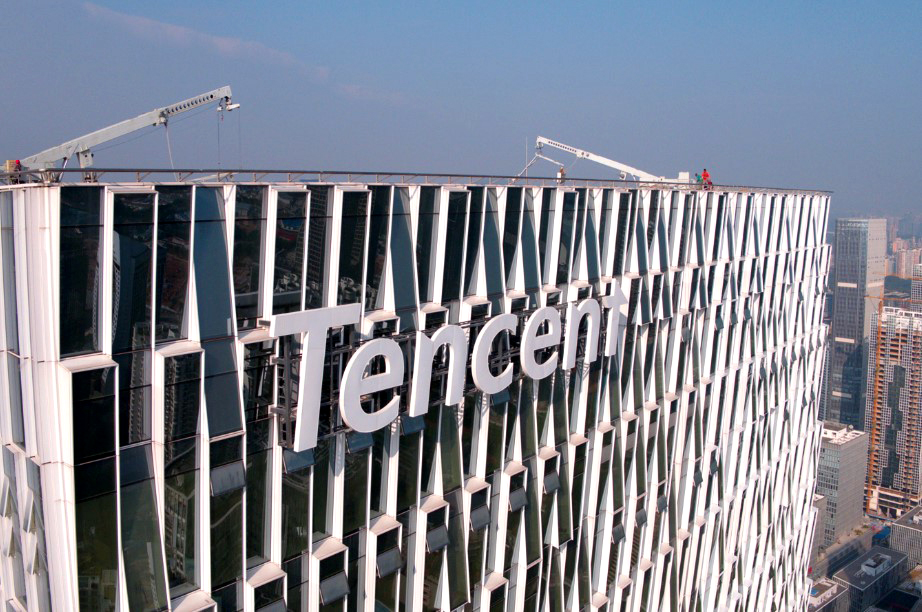Media giant Naspers saw its share price crash 11% between 9am on Tuesday, 7 January 2025, and 11am this morning – after it was revealed that Chinese gaming and social media giant Tencent had been included on a US Department of Defense “military blacklist”.
Naspers is currently the largest shareholder in Tencent with a 26% stake via its subsidiary Prosus.
Other companies added to the blacklist on Monday this week were chip maker Changxin Memory Technologies, Quectel Wireless, drone maker Autel Robotics and China’s largest shipping line, Cosco Shipping.
Read more: US adds Tencent, CATL to list of Chinese firms allegedly aiding Beijing’s military
The US military blacklist does not carry direct sanctions or penalties but discourages US businesses from engaging with these entities. The idea is to identify and discourage US business with companies with alleged connections to the Chinese military.
Tencent said in a statement yesterday that its inclusion on the list was “clearly a mistake”. It added: “We are not a military company or supplier. Unlike sanctions or export controls, this listing has no impact on our business.”
"The company intends to initiate a reconsideration process to correct this mistake. During the process, (we) will engage in discussions with the US Department of
Defense to resolve any misunderstanding, and if necessary, will undertake legal proceedings to remove the company from the CMC List," Tencent said.
However, after the market closed on Tuesday, the company revealed it had repurchased 3.93 million shares on the Hong Kong Stock Exchange. The shares were bought at a cost of about $193-million, according to the Business Standard.
Bloomberg data reflects that this was Tencent’s most significant buyback since April 2006, nearly 20 years ago.
According to the US Department of Defense, the identification of Chinese military companies “is an important continuing effort in highlighting and countering the People’s Republic of China’s (PRC) Military-Civil Fusion strategy. The PRC’s Military-Civil Fusion strategy supports the modernization goals of the People’s Liberation Army (PLA) by ensuring it can acquire advanced technologies and expertise developed by PRC companies, universities, and research programs that appear to be civilian entities”. DM
Business Maverick
Military blacklisting prompts Tencent's biggest buyback in almost 20 years - and pushes Naspers share price down 11%
The US military blacklist does not carry direct sanctions or penalties but discourages US businesses from engaging with these entities. The idea is to identify and discourage US business with companies with alleged connections to the Chinese military.





